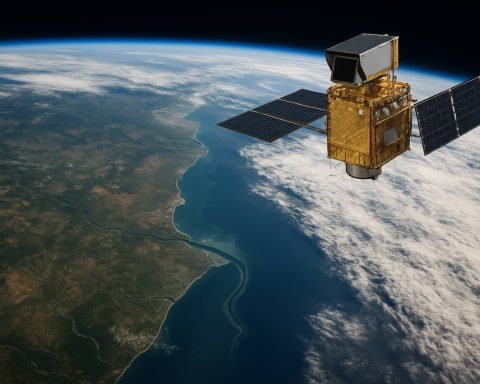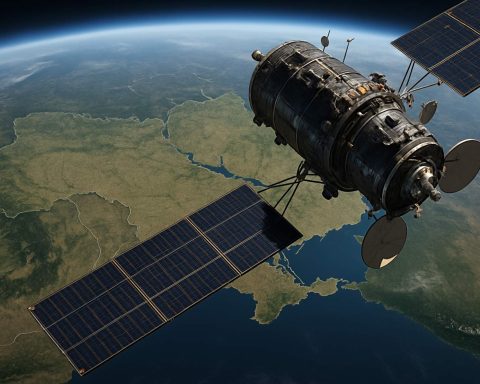
Emerging Tech Trends Shaping the Future: Generative AI, Quantum Computing, Biotech Innovations & More
The Next Wave of Disruptive Technologies: Generative AI, Quantum Advances, Biotech Frontiers, and Industry Game Changers Global Technology Market Landscape and Key Drivers Breakthrough


















